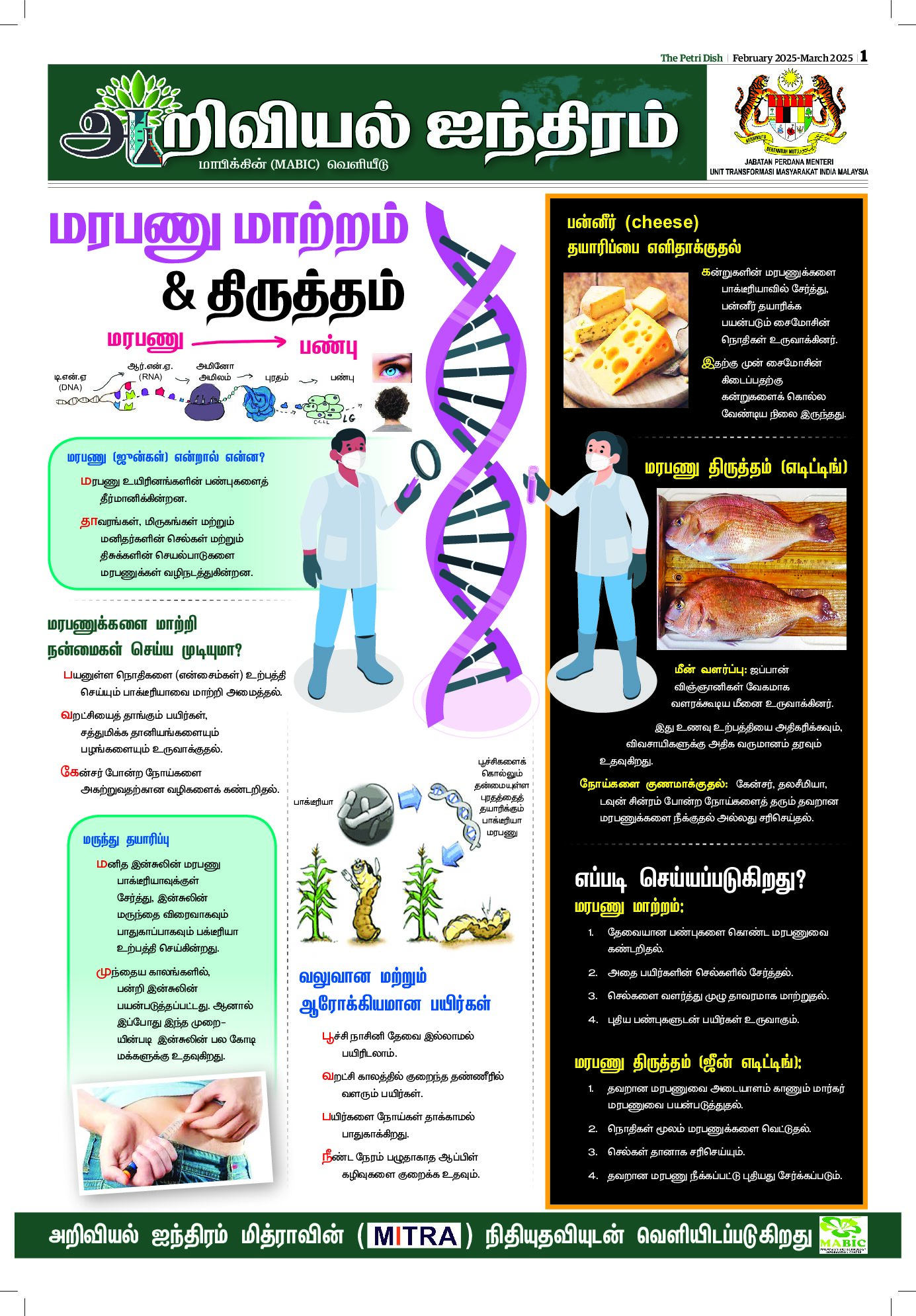THE “hidden hunger” caused by micronutrient deficiency is a global threat to human health, with particularly severe impacts in Africa. In Nigeria, 75 per cent of preschool children and 67 per cent of pregnant women are anemic, and 20 percent of children below five years suffer from zinc deficiency.
Iron deficiency anemia affects the immune system, stunts growth and impairs cognitive development in children, while deficiency in zinc causes increased risk of death from diarrhea, stunting and reduced cognitive development.
Developing new varieties of a staple food crop with elevated levels of these two minerals could significantly improve diets and health.
In a paper published recently in the journal Nature Biotechnology, “Biofortification of field-grown cassava by engineering expression of an iron transporter and ferritin,” Donald Danforth Plant Science Center scientists, led by Narayanan Narayanan, PhD, research scientist, and Nigel Taylor, PhD, associate member and Dorothy J.King Distinguished Investigator, demonstrated that field-grown cassava plants overexpressing a combination of plant genes can accumulate significantly
higher concentrations of both iron and zinc.
The elevated mineral levels of the ‘biofortified’ cassava storage roots are retained after processing into common foodstuffs and are nutritionally available at levels that could have a significant impact on the health of cassava consuming populations in West Africa.










